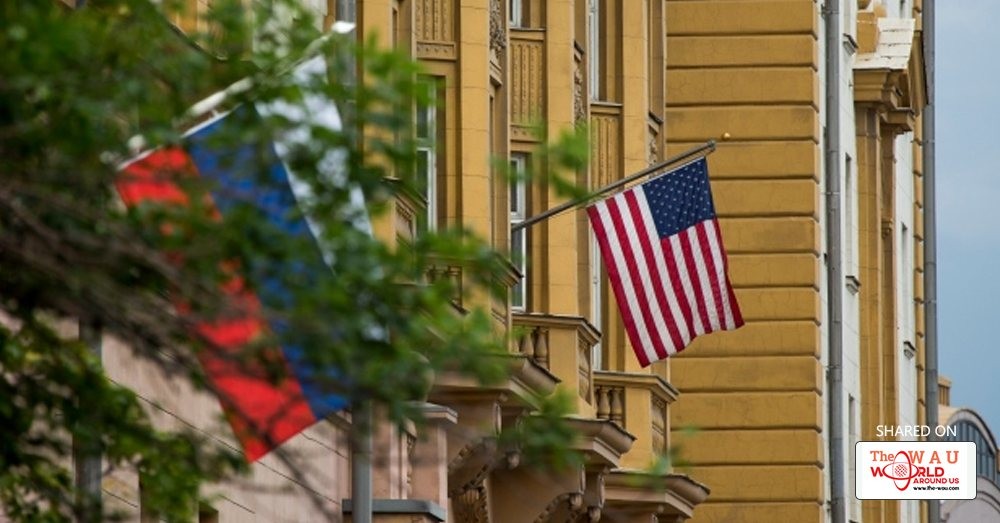Several American facilities in Russia will be closed down including a U.S. recreation retreat outside Moscow, and warehouse facilities; by Russian President Vladimir Putin as a response to the censure from Obama’s administration and new Congressional sanctions. The number of U.S. diplomats in Russia will also be reduced as a retaliation to the sanctions against Russia by the U.S. Senate by the 1st of September.
According to Moscow Kremlin, U.S. diplomats will be reduced to 455, but it is unclear at this point as to the number of U.S. diplomats currently serving in Russia. Also affected by Congress’ set of financial sanctions, yet to be signed by President Trump, are Iran and North Korea. Unless Congress approves, the legislation demands that Trump cannot ease or waive the penalties on Russia.
The bill passed by the Senate at 98-2, followed 2 days after the House agreed upon the measure by a margin of 419-3. Moscow’s interference in the 2016 U.S. presidential election and the Kremlin’s involvement in military aggression in Ukraine and Syria, are the primary reasons for this political fiasco.
As per the Russian Foreign Ministry, the U.S. sanctions are a ploy to get an advantage for their economic benefit. The bill of 184 pages intends to highlight Russian corruption, abuse of human rights, and the sale of weapons and export of energy by some significant sectors of the Russian economy.
However, American oil and natural gas companies have opinionated that specific sanctions related with Russia’s energy sector could affect the U.S. badly and may even benefit Moscow. Concerns were raised about the bill prohibiting the U.S. from taking part in energy projects that involve Russian businesses. Revisions were made so that the sanctions on Russia’s energy sector don’t create an issue for U.S. allies in Europe from getting oil and gas from outside of Russia.
Last December, President Barack Obama sanctioned the expelling of 35 Russian diplomats and shutting down of two Russian estates in the U.S. as a punishment for meddling with presidential elections. Putin was hopeful of better relations with Trump’s presidential term at the time and said he would wait before he retaliates. Given that Trump has not removed Obama’s expulsions and closures, along with Congress’ strict agenda; Russia has now responded to the recent U.S. sanctions in a similar fashion.
Moscow Kremlin has stated that it would further cut the U.S. diplomatic corps if more Russian diplomats are expelled. According to a statement made previously by the Kremlin, sanctions would not be imposed on the U.S. unless Trump signed the sanction bill.
Share This Post












